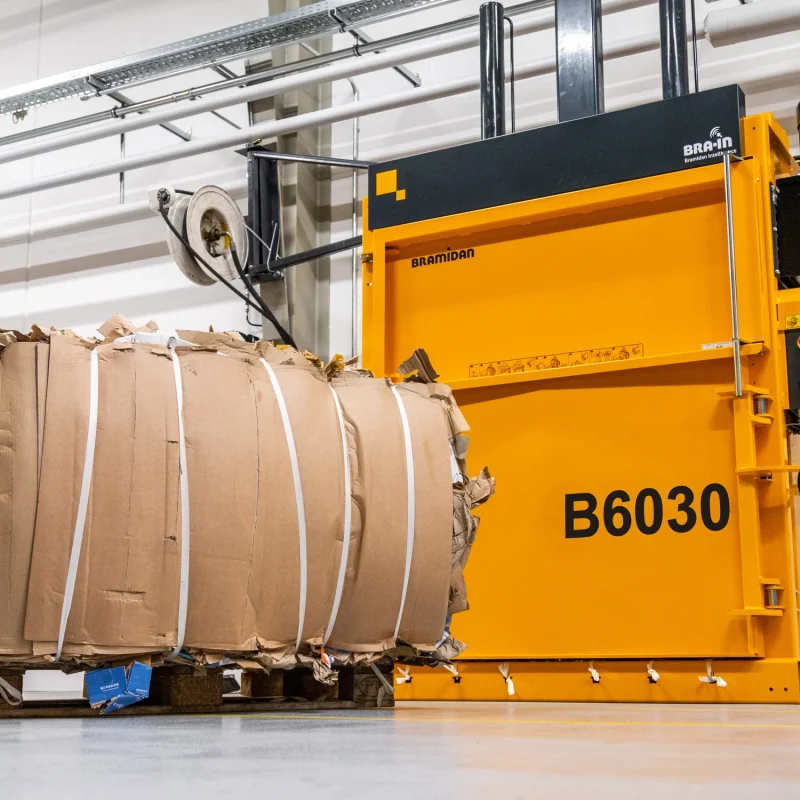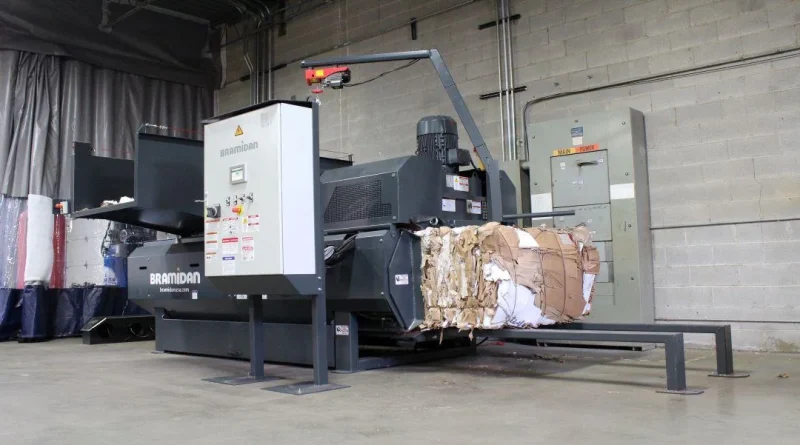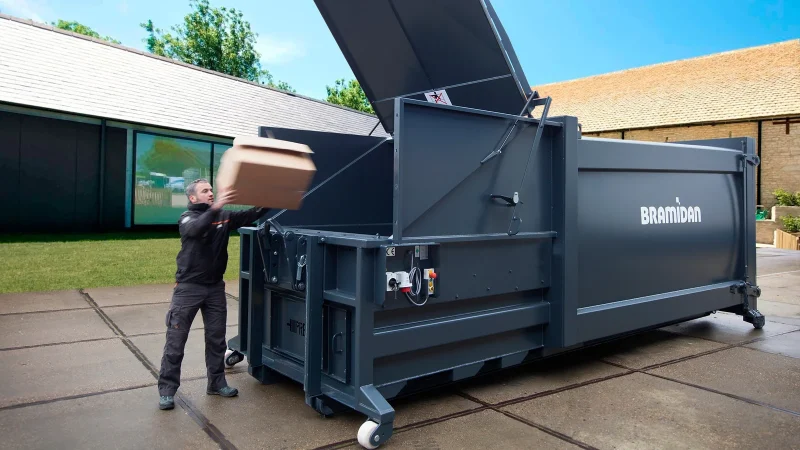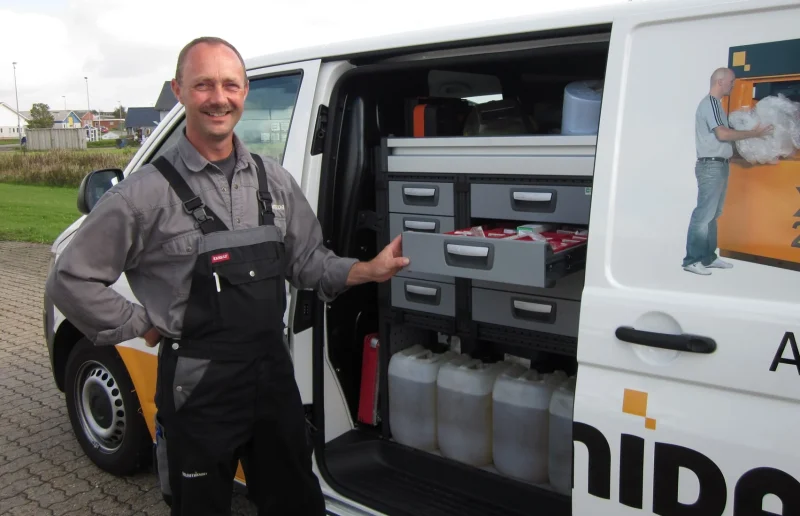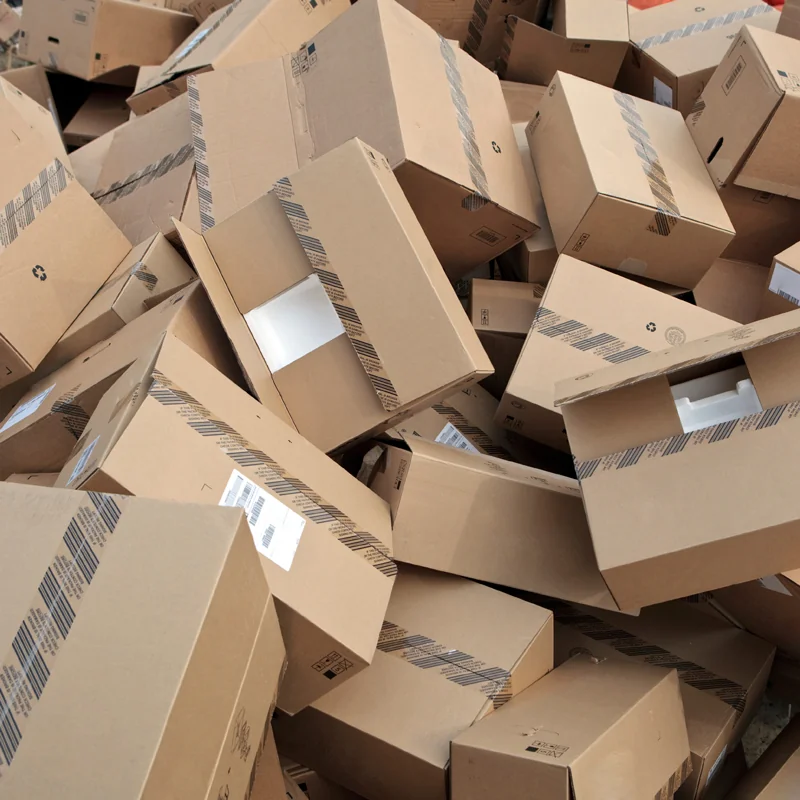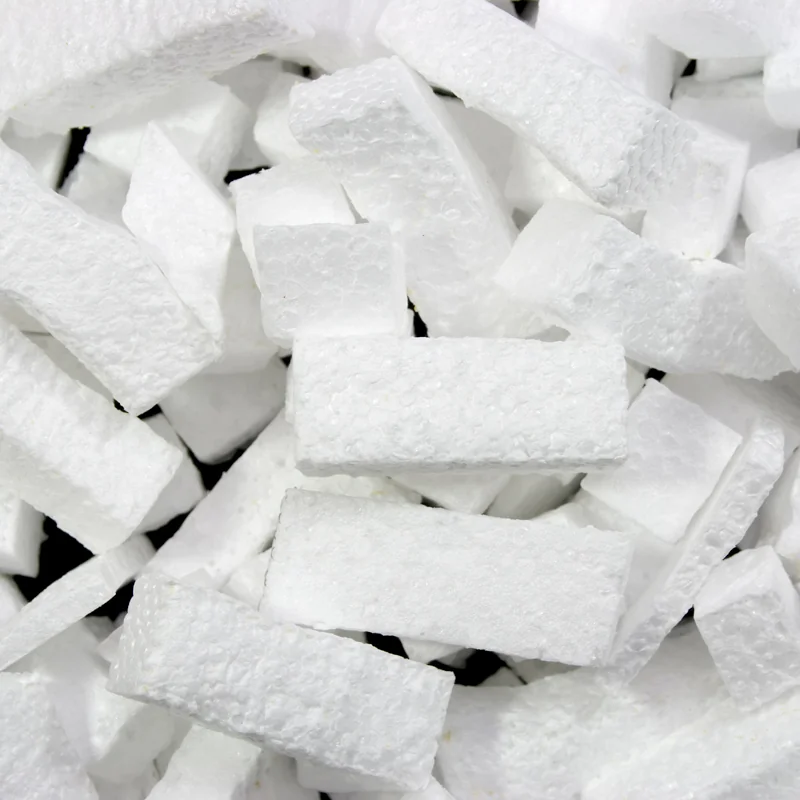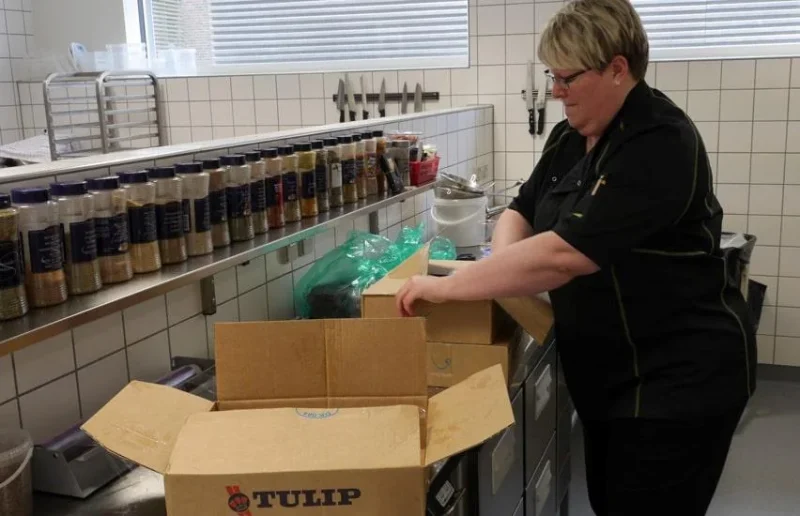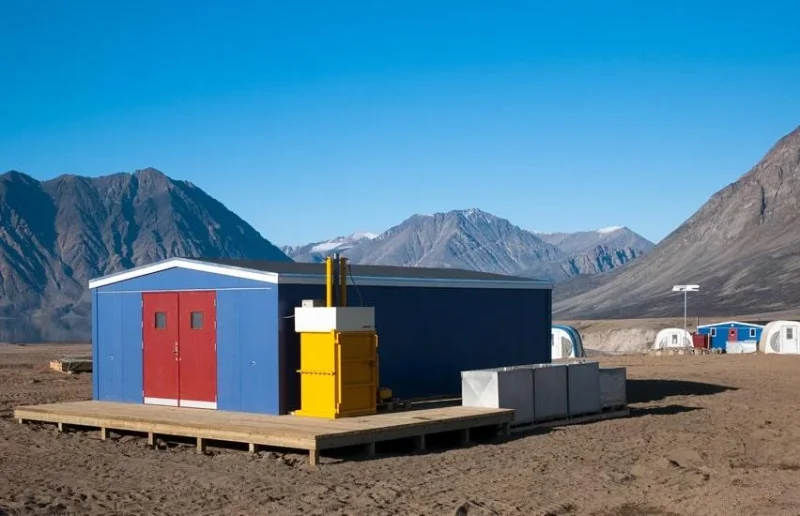Small & Medium businesses

While Bramidan now serves a wide range of large businesses, our business actually started out serving small to medium-sized businesses.
And to this day, we continue to produce some of the most reliable and compact machinery for businesses with limited space.
Adept waste management gives your business a strategic edge, enhancing bottom line and operation efficiency.
Check out your custom waste analysis below.
Challenges
- Time spent on waste handling
- Limited space & overfilled containers
- Difficulty managing various waste types separately
- Limited income opportunities from recyclables
- Higher carbon footprint
- Expensive container haulings
- Strict waste handling policies
Benefits
- Saves time
- Reduces waste collections
- Efficient waste management
- Reliable sustainable recycling solution
- Generate an income from recyclable materials
- Optimises space utilisation
- Enhances workplace cleanliness
Recommended equipment
Since every business is different, it’s impossible to offer a one-size-fits-all solution here.
In general, due to the smaller volume of waste generated by small to medium-sized businesses, we recommend a small vertical baler that can easily fit in your workspace.
Check out our full line of vertical balers – or our other solutions – below.
Vertical balers
Horizontal balers
Stationary and mobile compactors
Services
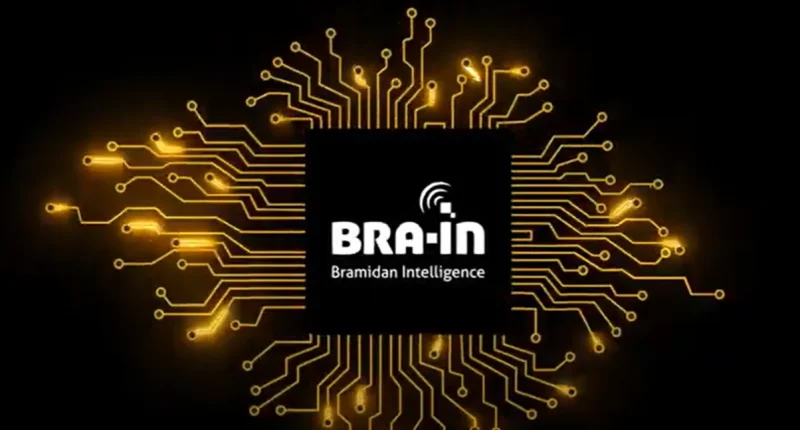
BRA-IN
Service
Most common waste types in small-medium businesses
Discover the essential world of waste management for sustainable practices.
Find your waste type and unveil our curated selection of machines designed for optimal efficiency and eco-friendly solutions.
Don’t see your waste type? View all of them here.
Paper & cardboard
Soft & hard plastic waste
EPS & Foam
Waste analysis for small to medium-sized businesses
Small to medium-sized businesses (SMBs) can generate a variety of waste types, often depending on the nature of their operation, industry, and size.
However, common categories of waste encountered by most SMBs include:
- Paper waste: Includes office paper, envelopes, invoices, receipts, and promotional materials.
- Packaging waste: Cardboard boxes, plastic wrapping, and packing materials from shipments received and goods dispatched.
- Organic waste: For businesses like cafes or local grocers, this includes food scraps and expired produce.
- General office waste: Waste from everyday operations, such as pens, staples, and other small office items.
- Electronic waste (e-waste): Outdated or broken electronics like computers, monitors, and printers.
- Furniture and fixtures: Unwanted or broken furniture, shelving units, and light fixtures.
- Hazardous waste: Depending on the industry, this could include cleaning chemicals, paints, or automotive oils.
- Construction and renovation debris: Any waste resulting from office remodeling or building maintenance.
- Textile waste: For retail SMBs, this could be unsold items or worn employee uniforms.
- Plastic waste: Single-use plastics, product containers, and other plastic materials that are not reused.
SMBs often seek waste solutions that are cost-effective and don’t require extensive resources to operate, given their typically limited financial and physical resources compared to larger corporations.
They might engage in local recycling programs, donate unsold goods, and find creative ways to repurpose materials to minimize waste.
Increasingly, SMBs are recognizing the value of sustainability in attracting customers and are adopting green practices to enhance their market appeal.
Read About Our Small-Medium Business Customers
From freeing up space and saving on waste bills to turning waste into value and cutting down on maintenance costs, these success stories speak volumes about the impact our solutions can have on your business.
DELOITTE
Deloitte reduces waste collections with X10 baler
Deloitte, an international auditing firm, replaces two waste containers with a single X10 HD baler. Waste collections plummet to once every six weeks.
Fill in the form and we will contact you
Questions? Contact us today






